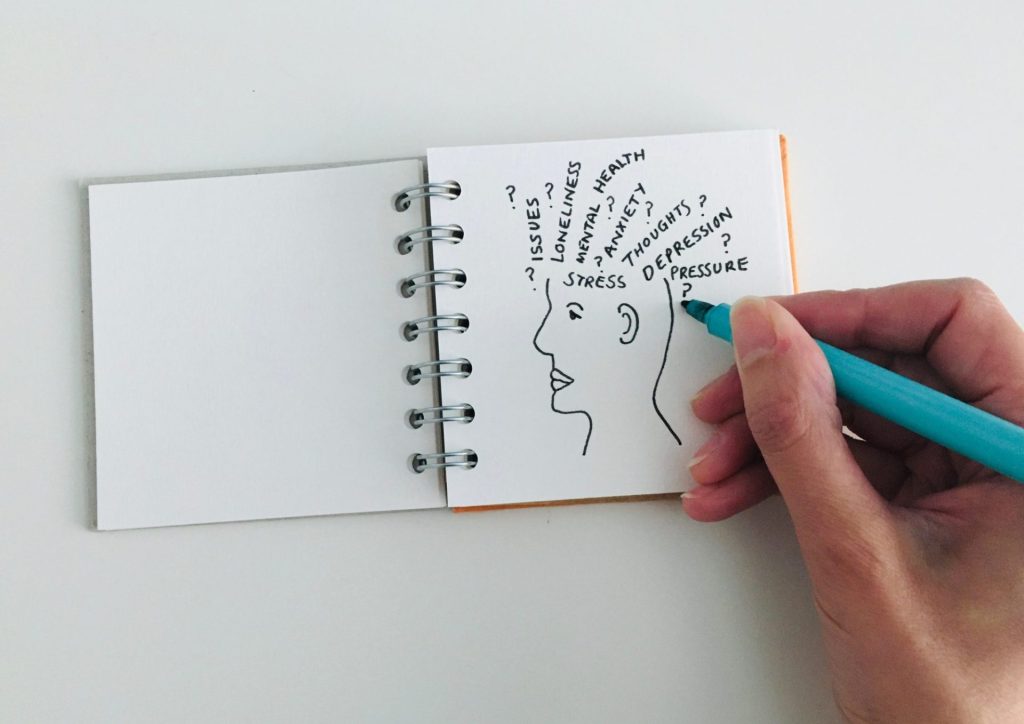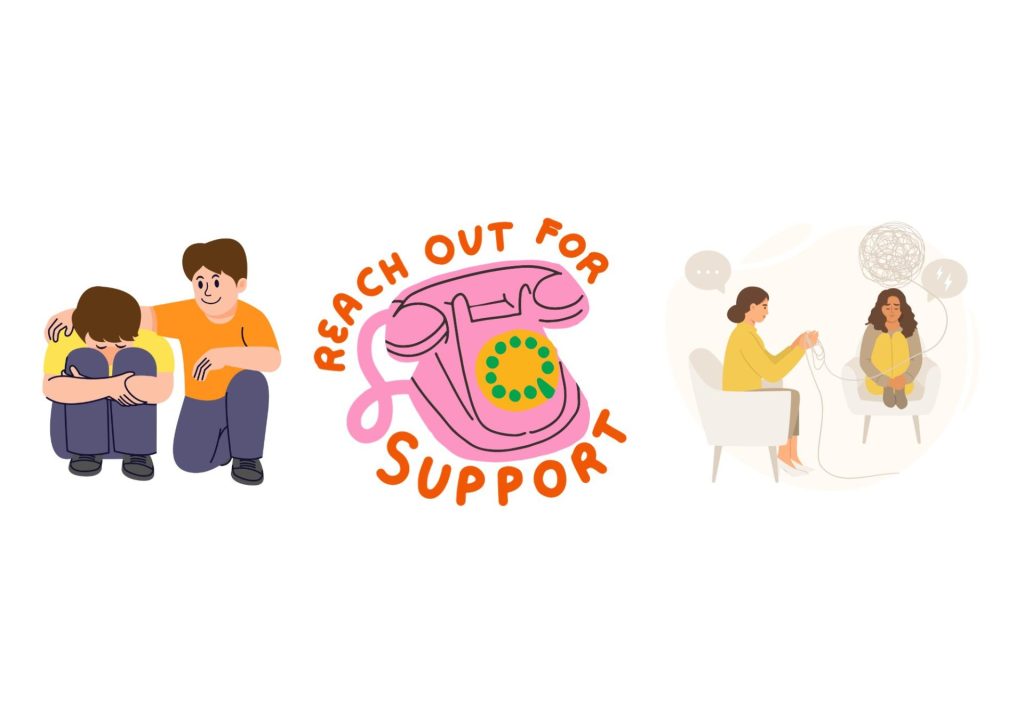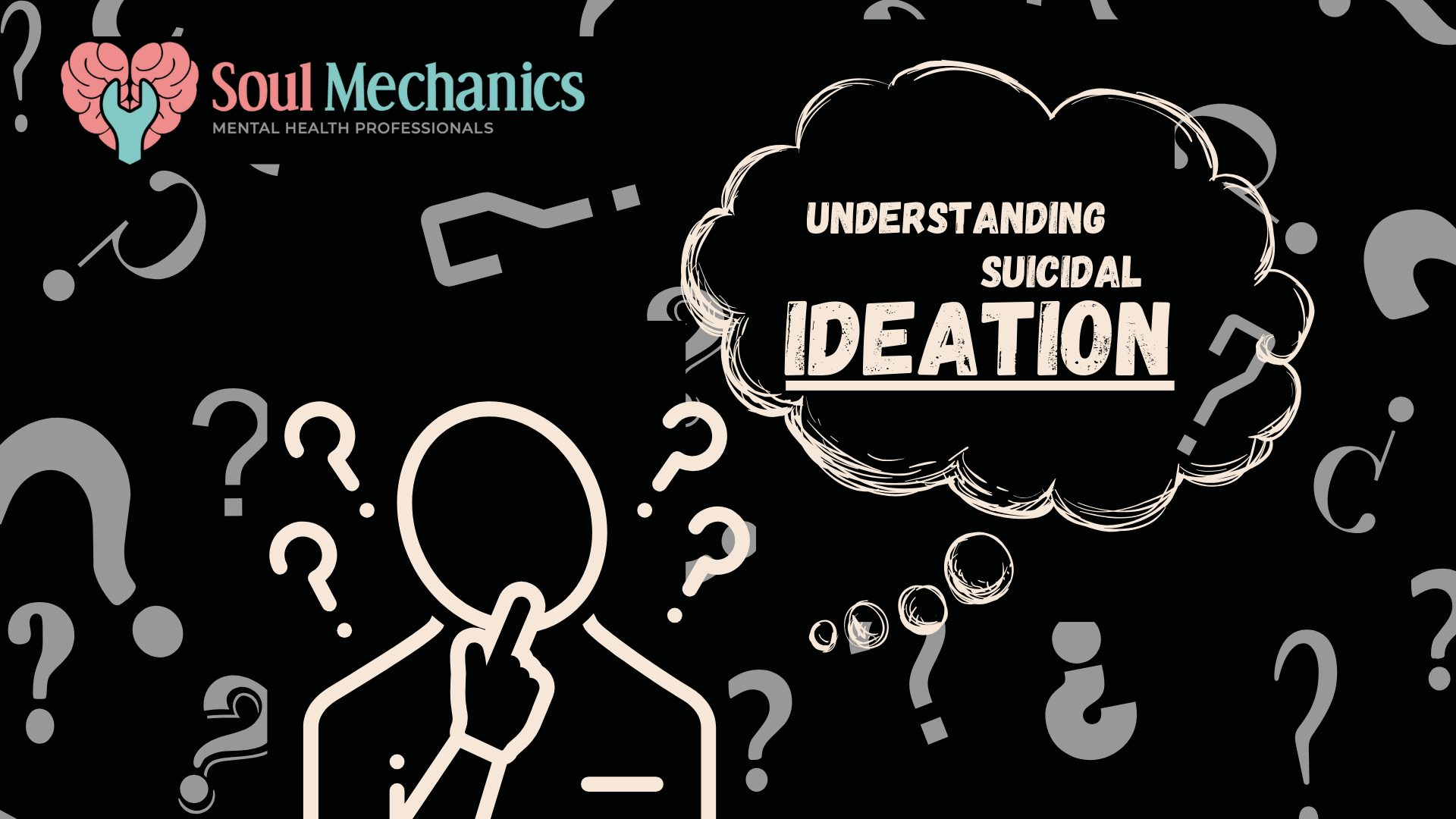Understanding Suicidal Ideation and How to Provide Support
Understanding Suicidal Ideation and How to Provide Support
Suicidal thoughts are a serious and distressing issue affecting individuals from all walks of life. The National Health and Morbidity Survey (NHMS) 2022 reported a trend of increasing suicidal ideation among Malaysians in the past five years. It is reported that 1 in 8 individuals had suicidal thoughts. At the same time, the pooled prevalence of suicidal ideation globally is around 14%. Hence, it is essential to understand what makes someone suicidal and how to provide the right kind of support to those in need.

What Makes Someone Suicidal?
Suicidal thoughts are intense and distressing feelings where an individual considers ending their own life. It is often tied to overwhelming emotional pain, mental health struggles, or challenging life situations. Individuals with suicidal thoughts may feel hopeless, trapped, or burdened. Suicidal thoughts may stem from a complex interaction of various internal and external factors. It is important to note that feeling suicidal is not a sign of weakness but rather an indication of the intense emotional pain the individual is experiencing.
Mental health issues are one of the primary factors of suicidal thoughts. Mental health conditions such as depression, anxiety, bipolar disorder, and borderline personality disorder can significantly increase the risk of experiencing suicidal thoughts. Imagine someone struggling with severe depression. They are feeling like they are trapped in a never-ending cycle of hopelessness. This may lead them to have suicidal thoughts to end the cycle.
Overwhelming life events such as the loss of a loved one, physical or emotional abuse, financial problems, or relationship difficulties can also lead to suicidal thoughts. These events can overwhelm an individual’s coping mechanisms, making them feel as if there is no way out of the situation.
Social isolation and loneliness can amplify suicidal tendencies. We, as humans, are naturally social creatures. Lack of social connections can lead to feelings of hopelessness and worthlessness. Furthermore, substance abuse often goes hand in hand with suicidal thoughts, as they can exacerbate underlying mental health issues. Substance abuse can impair one’s judgment and decision-making processes, which can lead someone to consider self-harm.
Recognizing the Warning Signs
It is crucial to identify the warning signs when it comes to offering support to someone who may be experiencing suicidal thoughts. These signs can be subtle or explicit and should not be ignored.
Individuals with suicidal thoughts or ideation may express themselves through verbal and emotional clues. They may express a desire to die or escape from pain, talk about feeling hopeless, trapped, or like a burden to others, or mention that they have no reason to live. They may also express experiencing a sense of overwhelming sadness, anger, or guilt, having sudden mood swings, emotional instability or drastic changes in their sleeping and eating patterns.
Behavioural changes such as withdrawing from social activities and isolation, giving away personal belongings, making preparations for “the end” (e.g., writing a suicide letter, making a speech), or engaging in increased or sudden risky behaviours, substance abuse, or self-harm can be a cry for help from them.

How to Provide Support?
Supporting someone who is experiencing suicidal thoughts can be crucial and lifesaving. Helping someone with suicidal ideation often requires compassion and understanding. Perhaps one of the most important things you can do is lend a compassionate ear. Let the individual (e.g., friends or colleagues) express their feelings without interruption or judgment. Sometimes, talking about their thoughts or feelings can provide relief.
What you can do?
“I am here to listen. You can share as much or as little as you want.”
Suicidal thoughts often require professional assistance. It is vital to encourage the individual to seek help from a clinical psychologist, counsellor, or psychiatrist. You can offer to help them find resources or accompany them to appointments if they are willing. Additionally, suppose you are aware that the individual has specific uses for self-harm, such as medications or sharp items. In that case, it is crucial to take the steps to remove or secure these items to ensure their safety.
Not only that, but you can also encourage the individual to explore healthier ways to cope with their emotions, such as exercise, mindfulness, or journaling. Engaging in these activities can provide a sense of purpose and emotional relief. It is also encouraged to stay connected with the individual and check in on them regularly. Simple gestures like making a phone call, sending a WhatsApp message, or spending time together can make a significant difference. Furthermore, you can take an extra step to reach out to the individual’s family and friends to inform them about the situation and request for their support. A strong support network can contribute significantly to an individual’s recovery.

Concluding Thoughts
Understanding what makes someone suicidal and how to support them is crucial for preventing suicidal attempts and helping them on their path to recovery. Suicidal thoughts can be overwhelming, but with the proper support, individuals can learn to manage their emotions and find hope in their lives. It is also worth remembering that seeking professional help can help to address and reduce suicidal thoughts and behaviours. You, too, play a role in helping them by offering a caring and non-judgmental presence. You might be surprised to know that your company can potentially make a significant difference in someone’s journey towards healing. Be there for them, listen, and let them know they are not alone in their struggle.
If you enjoyed reading this, why not broaden the horizon by reading our Inner Child Part 1 article?
You can read the blog here.
For more content related to mental health do follow us on our official Instagram.

